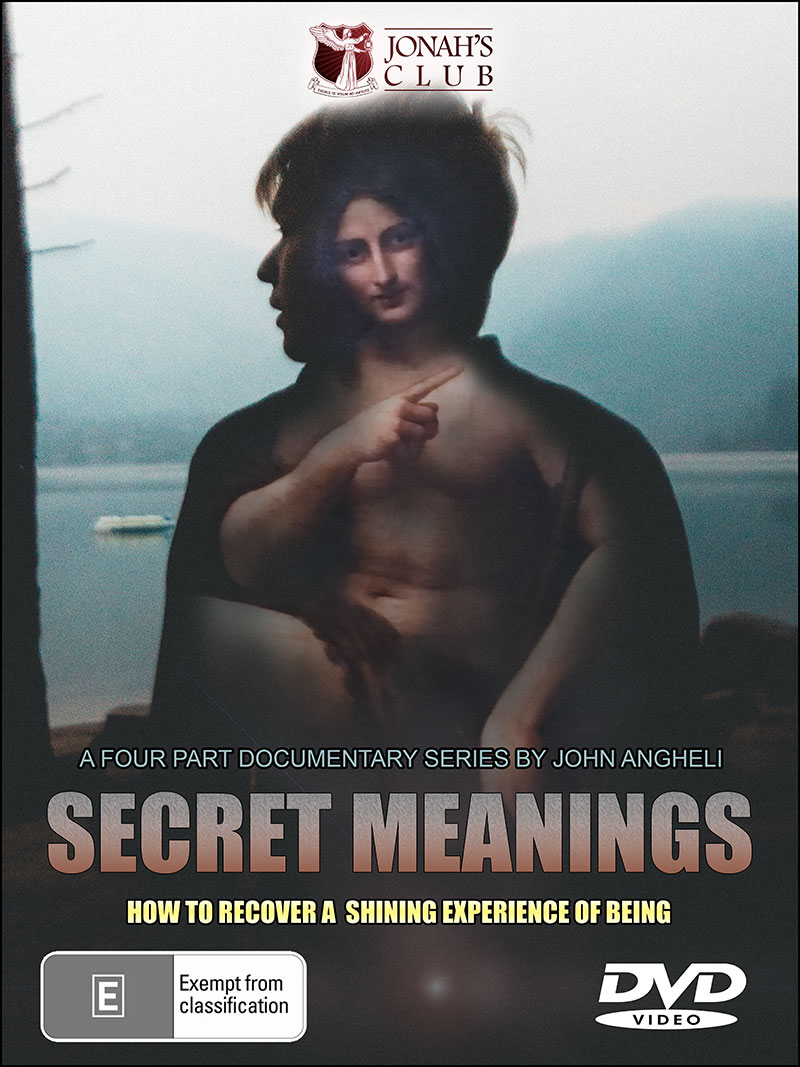The Process of Motivation:
a meditation on our paths to happiness
What are we running to and ‘fro and why.”
There is a classical idea which states, that we do all that we do, always, as a means towards happiness. (whether or not we are conscious of this process)
Another way of stating this is our ‘motivation’ is essentially the process that we have in place for what is to bring us to happiness.
This idea is critical and is one of the most significant realizations in the history of mankind.
For over a decade I’ve wrestled with this idea and the implication of this is staggering.
For if we do all that we do as a means towards happiness – naturally we should be careful to consider, just what do we think will get us there.
Furthermore, once we understand how deep this idea plays out in our life, we begin to get a solid handle on the most difficult project in our lives – i.e. how do we get ourselves to do the good that we know we should do.
After all, it is this idea that’s at the heart of contemporary democratic structures too. This was most eloquently captured in writing by Thomas Jefferson, in the American Declaration of Independence document of 1776, where…
“We hold these Truths to be self-evident, that all Men are created equal, that they are endowed by their Creator with certain unalienable Rights, that among these are Life, Liberty, and the Pursuit of Happiness.”


